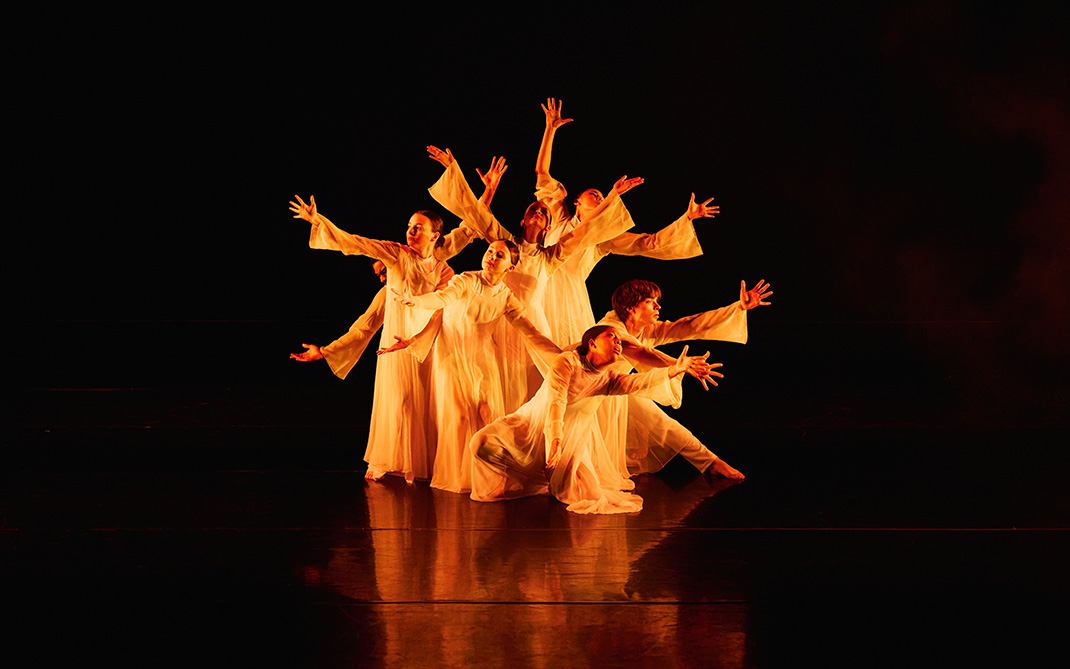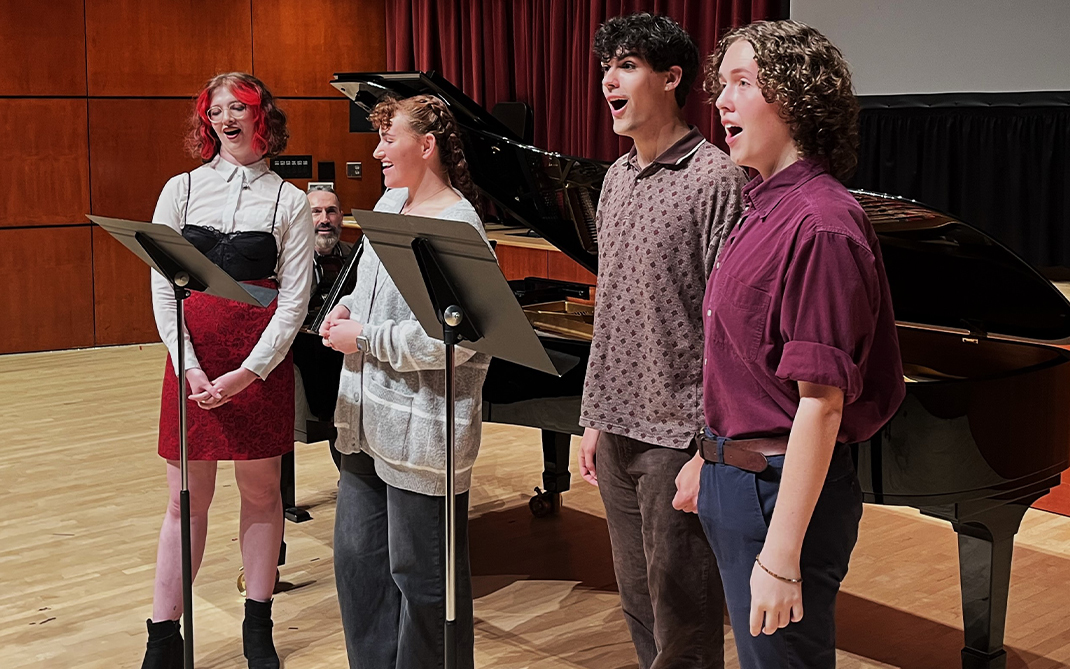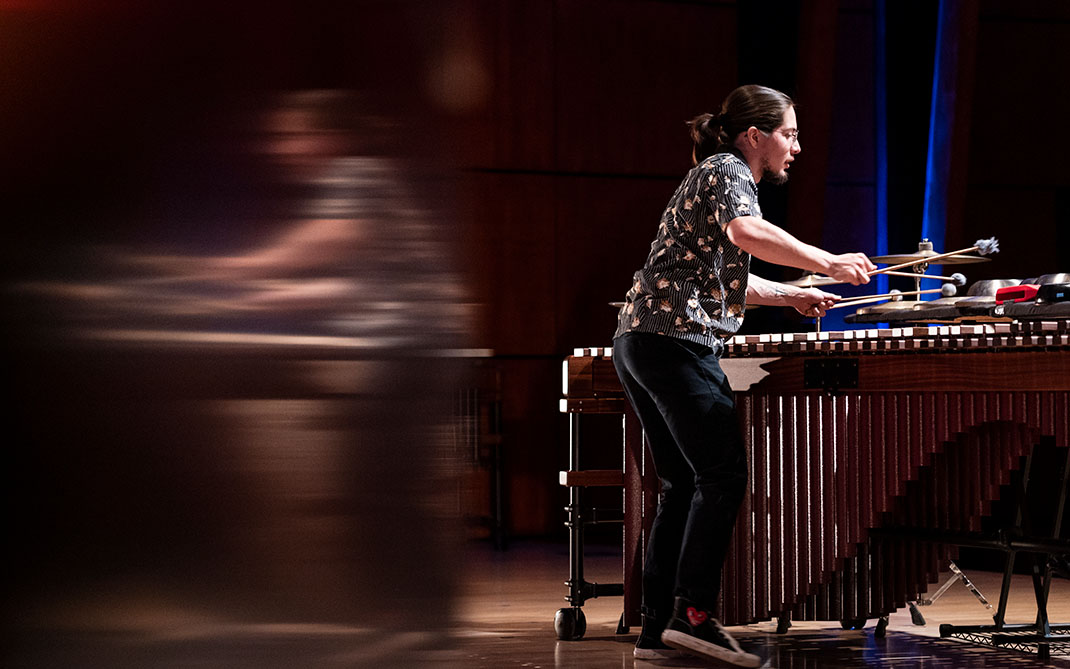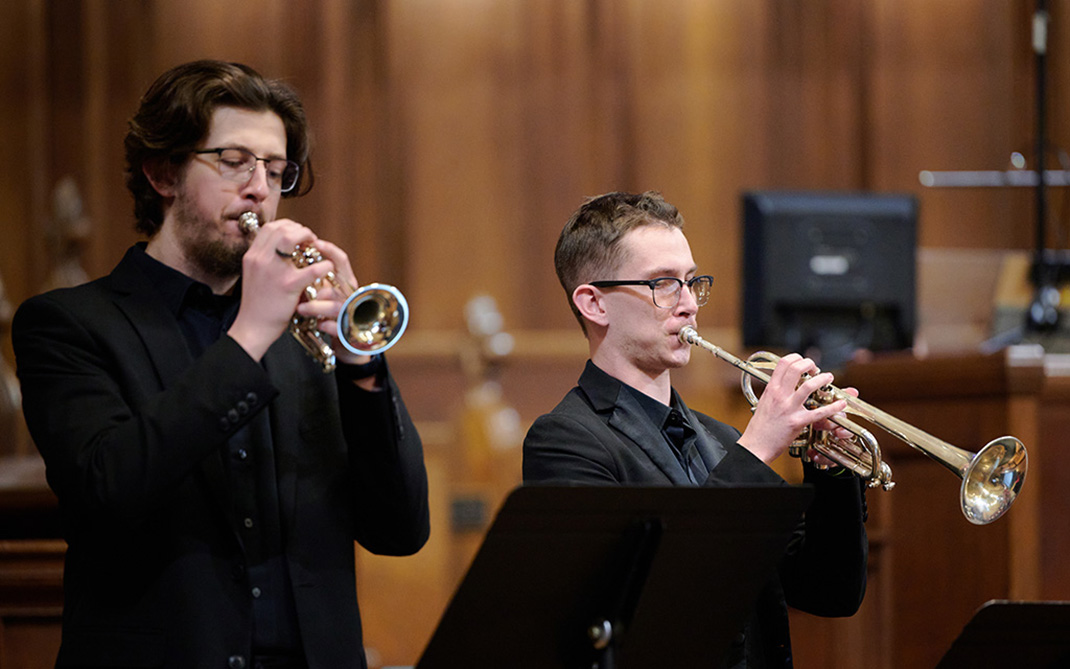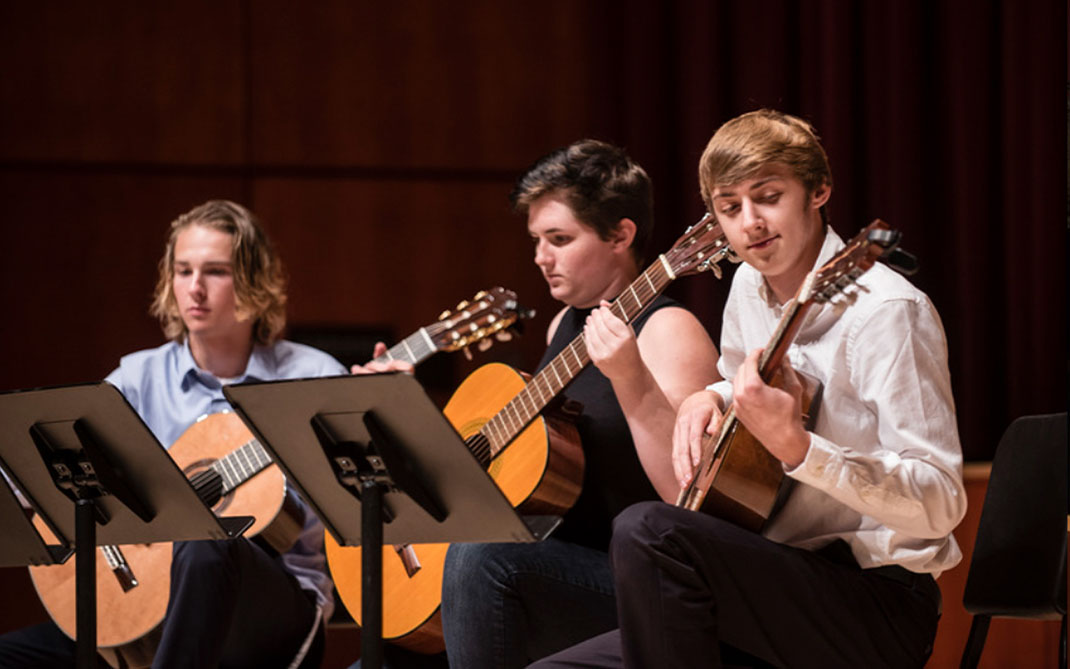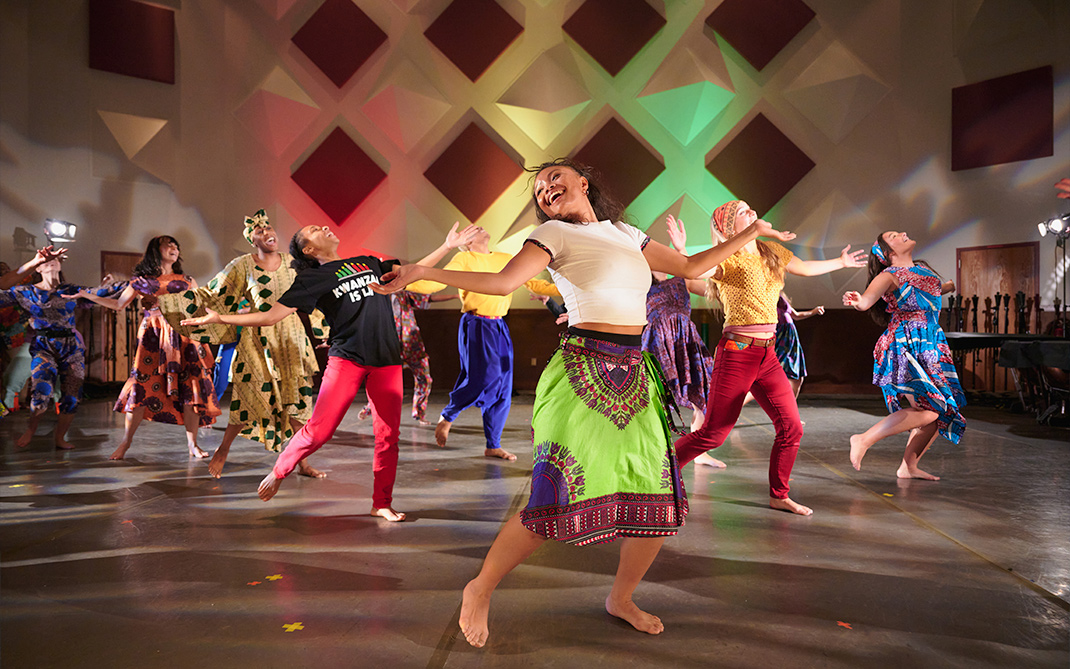Cultural restoration project in Happy Hill is recommended for national grant
UNCSA, in partnership with the Thomas S. Kenan Institute for the Arts and the Winston-Salem Department of Community Development, has been recommended for a $50,000 Our Town grant from the National Endowment of the Arts to support an artist-led cultural restoration project in the Happy Hill neighborhood. The grant was announced in May by the NEA.
The grant will support research and planning for the three-part Happy Hill Cultural Restoration Project. Led by a coalition of artists, residents and community leaders, the project will identify and build upon the historic neighborhood’s community assets, reenvision housing development, and create a master plan for reengaging the community through arts programming.
Our Town grants totaling $4.1 million were awarded to 57 projects across the country.
“These awards made to organizations across the United States are a testament to the artistic richness and diversity in our country,” said Mary Anne Carter, acting chairman of the NEA. “Organizations such as UNC School of the Arts are giving people in their community the opportunity to learn, create and be inspired.”

The Our Town grant from the National Endowment for the Arts will fund Happy Hill Cultural Restoration Project.
The partnership between the University, the Happy Hill neighborhood and the City of Winston-Salem is a crucial element of the grant. Mayor Allen Joines said, “I am thrilled at the prospect this grant holds of deepening the collaboration between the School of the Arts and the residents of one of our most historically significant neighborhoods in Winston-Salem. I can’t wait to see what they come up with.”
UNCSA Chancellor Lindsay Bierman said, “Art transforms lives, and it can also transform neighborhoods. The arts can be a catalyst for reclaiming our past and reenvisioning our future. Our neighbors in Happy Hill have a storied history and deep cultural roots, and we are proud to partner with them in a project that will enrich our community.”
A historical marker in the neighborhood notes, “Happy Hill has played a prominent role in the life of Winston-Salem’s African-American community since the early years of the 19th century, when it was home to slaves on a farm serving the Moravian town of Salem. The first school for African-Americans was founded in the community in 1867, and in 1872, Moravians agreed to sell lots on the farm, many to African-Americans. By 1874, the name Happy Hill was used for the neighborhood, which grew steadily between 1880 and 1920. The city’s first public housing development began in Happy Hill during the 1950s. About half of the neighborhood houses were demolished at that time and a majority of the remainder have been lost since.”
Art transforms lives, and it can also transform neighborhoods. The arts can be a catalyst for reclaiming our past and reenvisioning our future. Our neighbors in Happy Hill have a storied history and deep cultural roots, and we are proud to partner with them in a project that will enrich our community.
Chancellor Lindsay Bierman
UNCSA, through the Kenan Institute, was inspired to apply for the grant after partnering with the Happy Hill Neighborhood Association on Happy Hill Arts, an initiative to develop arts-centric, neighborhood-based programming to awaken the joy of learning, restore community pride and cohesion and share the history of Happy Hill.
Amatullah Saleem, president of the neighborhood association, met Kenan Institute Executive Director Corey Madden at a Community Innovation Lab hosted by the institute in 2016, and reached out for help developing an arts program for children. The Kenan Institute provided seed funding, support for grant writing, and connections to alumni from the UNCSA School of Dance. The alumni, brother and sister Jerome and Monica Johnson, provided summer enrichment dance classes for children in the neighborhood as a complement to classes in visual arts, drumming, reading, math, chess, life skills and Happy Hill history.
“They used to say in Happy Hill Gardens, ‘If the creek don’t rise…,’ indicating an unseen power,” Saleem said about the Our Town grant. “I am grateful to the ‘Unseen’ that has facilitated the collaboration between the University of North Carolina School of the Arts, the City of Winston-Salem, and the Happy Hill Neighborhood Association, to begin the work of revitalizing our community through arts and education planning and implementation.”
Madden said, “The Kenan Institute is proud of the work we have done over the past several years to help build new connections between UNCSA and the Happy Hill community, and to create opportunities for local artist leaders to make a positive impact on their community. The Our Town grant from the NEA will allow these partnerships between the Institute, the University and the Happy Hill residents to continue to grow stronger in order to bring about a transformation of this historic neighborhood.”
The first part of the cultural restoration project, cultural asset mapping, will include data collection, outreach and engagement through surveys, focus groups, research and oral histories to inventory key cultural and historical resources. The working group will identify the community’s most valued assets and will develop strategies to improve or expand them.
For the second part, the Kenan Institute with its resident partner, EmcArts, will facilitate a Community Innovation Lab with Happy Hill residents, city officials, business and faith leaders, artists, academics and others to explore barriers to restarting housing development in Happy Hill, opportunities for development and what role artists can plan in reenvisioning housing in the community.
The final component of the project, a cultural master plan, will be led by a nonprofit consultant team, who will meet with artists, residents, city officials, university representatives, funders and other stakeholders to kick-start visualizations for the cultural master plan. The public will be invited to participate in developing the plan for community reengagement though arts programming, telling the story of Happy Hill, and finding creative uses for properties.
“Arts -- and artists -- bring a fresh perspective to everything they do,” said Marla Newman, Director of Community Development for the city. “I’m excited to think about how they may help us re and reenergize redevelopment in the Happy Hill neighborhood.”
June 04, 2019
